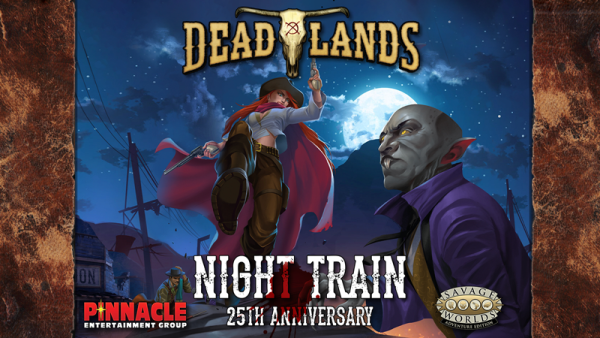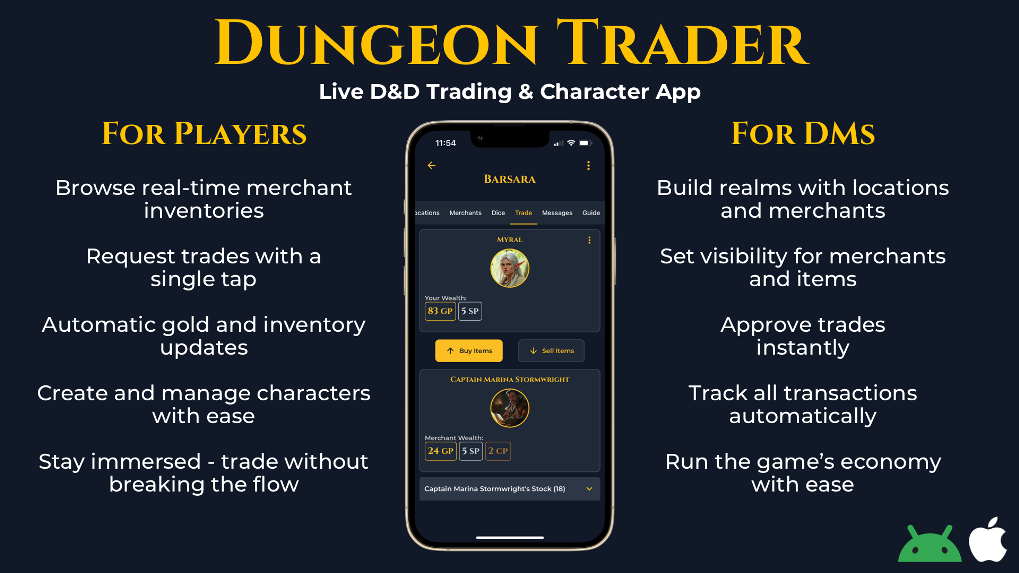
Blade Runner The Roleplaying Game
Blade Runner The Roleplaying Game is a neo-noir sci-fi role-playing game set in the world of Blade Runner, written by Tomas Härenstam and Joe LeFavi and published by Free League Publishing.
By Aaron T. Huss

Learn more about Blade Runner The Roleplaying Game here
Purchase Blade Runner The Roleplaying Game here (paid link)
Find other Blade Runner The Roleplaying Game posts here
I was considerably too young when Blade Runner was released in the theaters to know anything about it. When the second movie came out, I didn’t want to see it without seeing the first one as I knew they were linked as part of the setting. When I reviewed the Starter Set, I was instantly hooked and went out and purchased the first two books. (I still haven’t seen the first movie yet though.) I have finished the first book and am halfway through the second – that and a little research create my baseline familiarity with the Blade Runner franchise.
Blade Runner The Roleplaying Game is set in 2037 within the franchise – after the first movie, before the second movie, and within the midst of other media (there are a number of comic book series set in the Blade Runner franchise). I haven’t read the comic books or seen any short films set in that period, but clearly this is a fairly exciting time within the franchise’s timeline as things have progressed beyond the post-apocalyptic-feel of the early years of the setting and toward the more sci-fi aspects of the setting. The RPG itself places you right in the midst of this setting, fully absorbed into everything that comprises Blade Runner Los Angeles in 2037. Literally filled with amazing opportunities due to the growth of the city and what it now encompasses (if I understand correct, by 2037 Los Angeles stretches from San Diego to San Francisco). It has effectively become the size of a city in China (which in real-life a China “city” is equivalent to a U.S. “county”) and provides a million places for the good and bad (but mostly bad).
In other words, the Blade Runner setting is represented in all its glory with Free League doing an incredible job of bringing Los Angeles to life!
However… as much as I love the franchise setting and how it’s represented in the RPG, it only feels like a neo-noir game in setting. The mechanics feel more like Law & Order: Blade Runner Edition. There is a lot of mechanics designed for “police action” but not as much of the “police drama” or the more serious side of investigation (like you would see in a Cthulhu game). There are more skills that focus on action than there are skills that focus on the storytelling aspects of noir (like what I would expect from a detective mystery book or even the Blade Runner books). The books focus quite a bit on the empathy-aspects of being human and the toll hunting down replicants takes on humans. Granted, in 2037, they no longer “retire” replicants and instead treat them like a normal human criminal, but a lot of that mental and emotional side of the setting (which is also prevalent in a lot of investigation novels) is not really spoken about. This can easily be remedied by creating custom Specialties that focus more on the mental and emotional side of noir, potentially reducing the need for dice rolling and adding more storytelling opportunities. This would be a house-rule opportunity; not everyone will want this type of game.
Although I find there to be a gap mechanically, the game does focus on police action within a definite noir setting and you can instead create the dramatic aspects as part of the case file. This turns the dramatic aspects into storytelling opportunities and not conflict resolution where dice rolls are needed. In other words, the right case file design will create the drama while the mechanics will resolve the action-oriented conflicts. Free League Publishing could also mitigate this concern by producing a Game Runner’s Guide (GMs are called Game Runners). The core rulebook has a very small Game Runner section, but it’s also not a giant core rulebook (which seems to be more common lately) that tries to consider every possible situation and forces players to purchase giant books even though they can only use 50% of it. I do love that part of the core rulebook in that it focuses on how to play the game at an optimal price.
Another thing I noticed about the mechanics is that it really focuses on utilizing your strengths and downplaying your weaknesses. This is due to the success rate of rolling two dice, escalating from d6 – d12, and requiring at least one of them to roll a 6 or higher. Again, custom Specialties can help boost your character’s ability in particular situations. It can also help distinguish one character from another on a more granular scale to prevent one character from feeling like every other character.
These are fairly minor complaints about the mechanics. The underlying base design is fantastic and I love how it handles a multitude of conflict situations. I also like how it handles the difference between humans and replicants and I love how it’s just barely sci-fi (which is how the setting is designed). It’s not over-the-top and characters are really only a little better than the normal person. It’s a very humanistic game where you are not “heroes” in the traditional RPG-design. You and your character will need to stay sharp and diligent, using your skills and following the trail the best you can. Much like an investigative game.
This is definitely my style of gameplay! I love the setting, I love how the setting is represented, and I love how you really have to use your character’s strengths as best as you can too gain and maintain the advantage!


